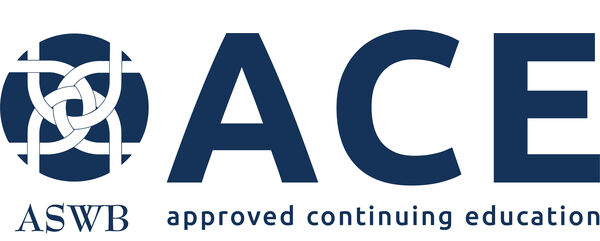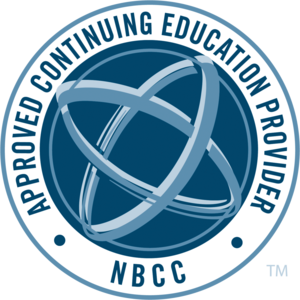Understanding the expansion of social control and helping professionals as unwilling agents of the states: The passing of the Child Abuse Prevention and Treatment Act in the US (1 credit hour)
Program Summary: This course explores mandated reporting and the Child Abuse Prevention and Treatment Act, offering important perspective on the historical context of mandated reporting, the rationale for CAPTA, and continuing concerns. Criticisms include causing children and families harm, family policing through state-mandated surveillance, and disproportionately impacting families of color and families experiencing poverty. Present day implications are discussed.
This course is recommended for social workers, counselors, and therapists and is appropriate for beginning and intermediate levels of practice. Read the complete description of this course…..
Categories: Children, Families



